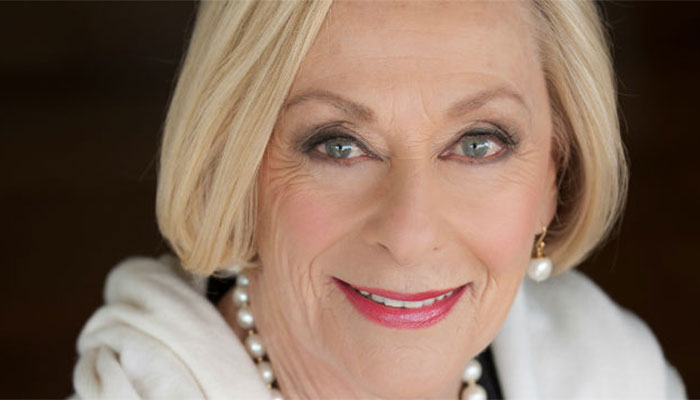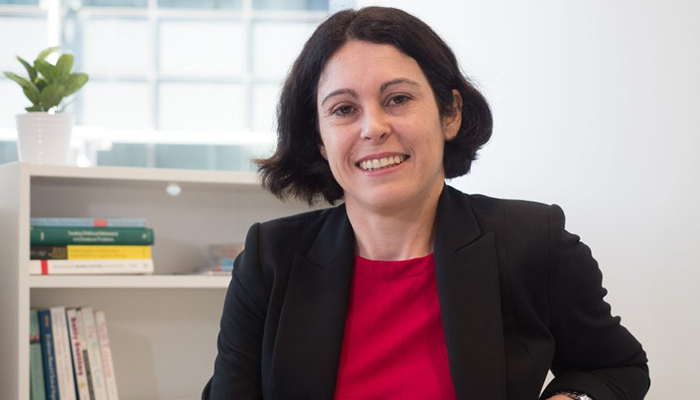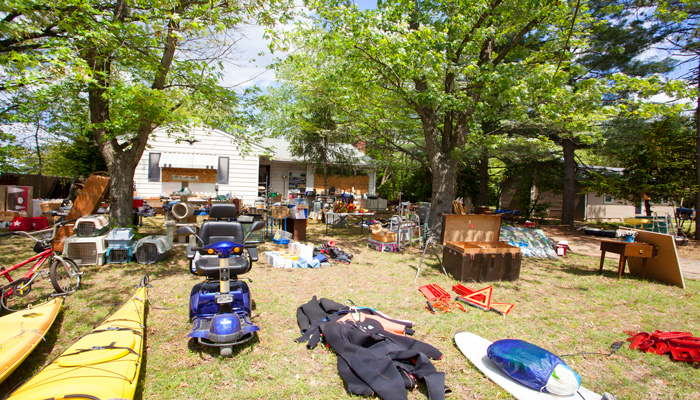Susan (not her real name) has been feeling depressed for six months. Living on her own aged 70, she struggles to get out of bed in the morning. She feels tired and helpless which makes connecting with friends challenging, and COVID-19 has made things worse because of the limited contact with family.
Susan’s situation is common. About one in 20 Australians over the age of 65 have a diagnosable depressive or anxiety disorder, says Professor Viviana Wuthrich, Director of the Centre for Ageing, Cognition and Wellbeing at Macquarie University.
Depression is linked to suicide, and suicide rates in older men are four times that of women, and twice that of teenage males. “This is not an issue that we’re dealing with adequately as a society,” says Wuthrich. “Older adults in Australia have the least access to mental health treatment of any age group.”
To tackle this growing issue, Wuthrich and her team have developed a novel online program called Ageing Wisely Online. It’s part of a stepped approach that encourages older people to follow self-directed treatment, by either using an online program or a work-at-home workbook over 10 weeks. The participants also have a 15-minute weekly phone consultation with a mental health clinician.
Beloved Naked Vicar actor steps in
Two famous older actors, Noeline Brown and Gregory Ross, are the voices of the characters in the videos in the online program. Most participants will be very familiar with Brown’s voice as she co-starred in numerous television and radio series in the 1960s and 1970s including The Naked Vicar Show, The Mavis Bramston Show and Graham Kennedy’s Blankety Blanks.

Reaching out: Actor Noeline Brown, who voices one of the characters in the Ageing Wisely videos, says keeping friendships strong is important for good mental health.
Brown, 81, says she’s delighted to be part of the initiative, and what has worked for her is to keep connections with others strong.
“You’ve got to tend your friends like a garden. Send an email. Phone people. It takes work – especially during COVID-19 when you can’t just go out and have a cup of coffee but it’s worth keeping those friendships going,” she says.
Ross, 72, her co-star, is well-known for his roles in Cop Shop and Prisoner in the 1970s. He also toured with Brown in a theatre production of Don’s Party before it was made into a film.
Losing your physical fitness, cognitive decline, the death of a spouse or close friend – these are some big life changes and not having the support you need can lead to depression.
He says Ageing Wisely Online is more important than ever now and that many older people are happy to use technology.
“We’ve already seen initiatives that help young people with mental health issues online and this new program which older people can access in the comfort of their own home is really great, especially when they’ve been so isolated during COVID-19," Ross says.
- Why do mozzies bite some people and not others?
- Discipline 101: a science-backed guide to reaching your goals
Since the online treatment has never been used before, to test its effectiveness Wuthrich and her colleagues are conducting a large NHMRC and Beyond Blue co-funded project with 666 participants across six older adult mental health services in Sydney, Bathurst, Dubbo and Orange.
Wuthrich’s team is partnering with Western NSW Local Health District, the Prince of Wales Hospital and the Royal North Shore Hospital in Sydney and Macquarie’s Centre for Emotional Health.
Depression triggers
The common triggers for depression in older people are often related to loss and change which lead to social isolation, Wuthrich says.

National ambition: Professor Viviana Wuthrich hopes to roll out Ageing Wisely Online across the country if its trial is successful.
“Losing your physical fitness, cognitive decline, the death of a spouse or close friend – these are some big life changes and not having the support you need can lead to depression.”
Other people also may have other underlying, long-term mental health issues that they have never sought help for that become exacerbated in older age.
At the same time, older people often face barriers to seeking help. These include the stigma around mental health, as well as the perceived cost and transport challenges of seeing a professional – particularly in regional areas.
- A big but risky budget and the worst could still lie ahead
- Game of Thrones in the wild: how rivalry could make animals smarter
Ageing Wisely Online addresses many of the barriers, Wuthrich says, because participants take part in the privacy of their own home. They don’t have to travel to physically see a mental health clinician and also from a government perspective, it should be more cost-effective. If the trial succeeds, she hopes to roll it out nationally.
Meanwhile, even though the trial has just kicked off in the past few months, anecdotally Wuthrich is getting some positive feedback.
Susan has been a trial participant and she says she feels the program was timely and has helped her better manage her moods and anxiety.
Since she began the program, she says she has started thinking in a more balanced way and has started doing activities she loves more frequently which makes her feel more productive. She’s also started reconnecting with old friends. Overall, she says she feels calmer and less worried.
Participants wanted:
If you - or someone you know - are interested in taking part in the trial, more information is available on this link www.tiny.cc/STOP-Study
You can also call (02) 9850 8715 or send an email to stop@mq.edu.au
Viviana Wuthrich is a Professor in the Department of Psychology, a member of the Centre for Emotional Health and the Director of the Centre for Ageing, Cognition and Wellbeing at Macquarie University.



